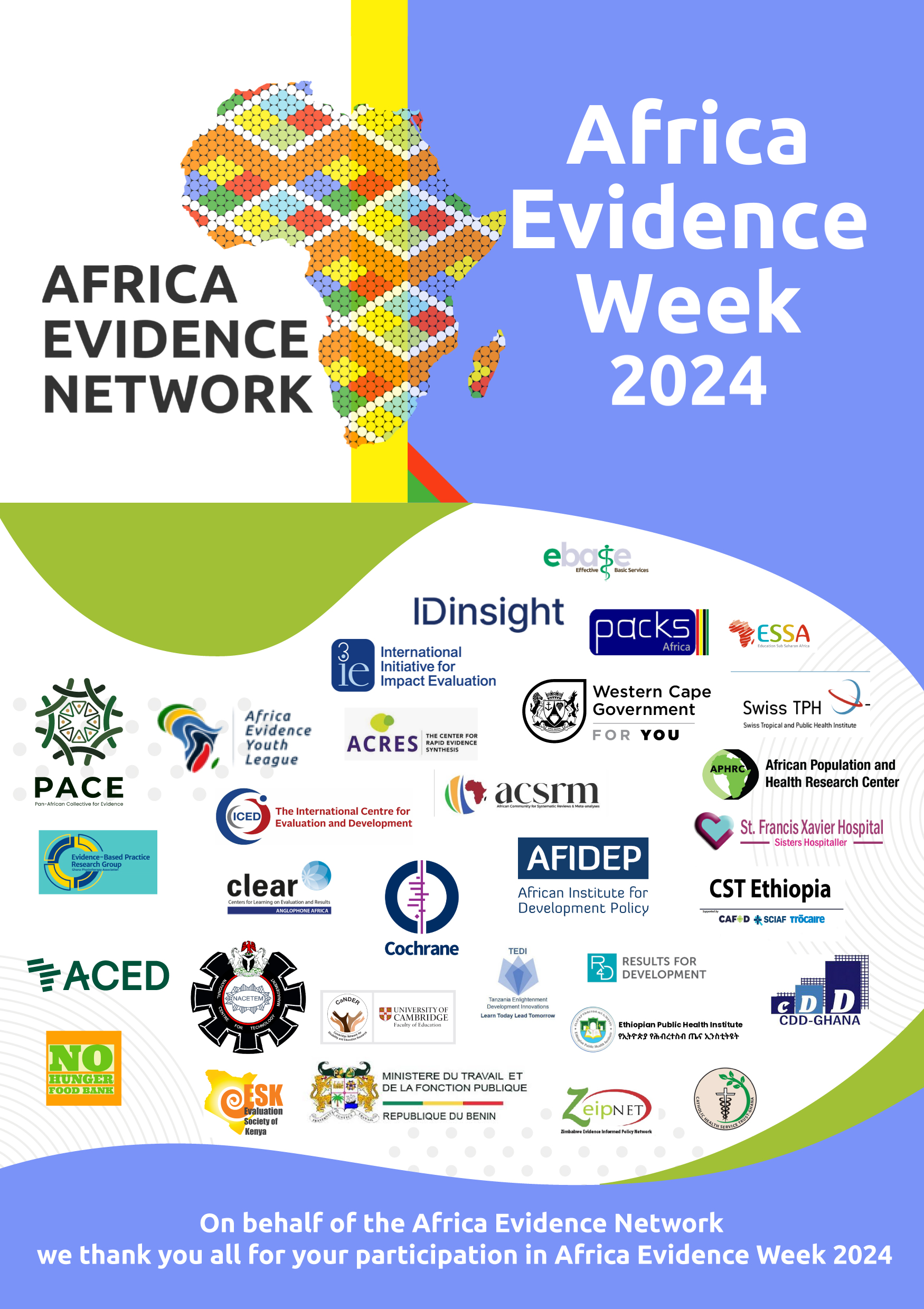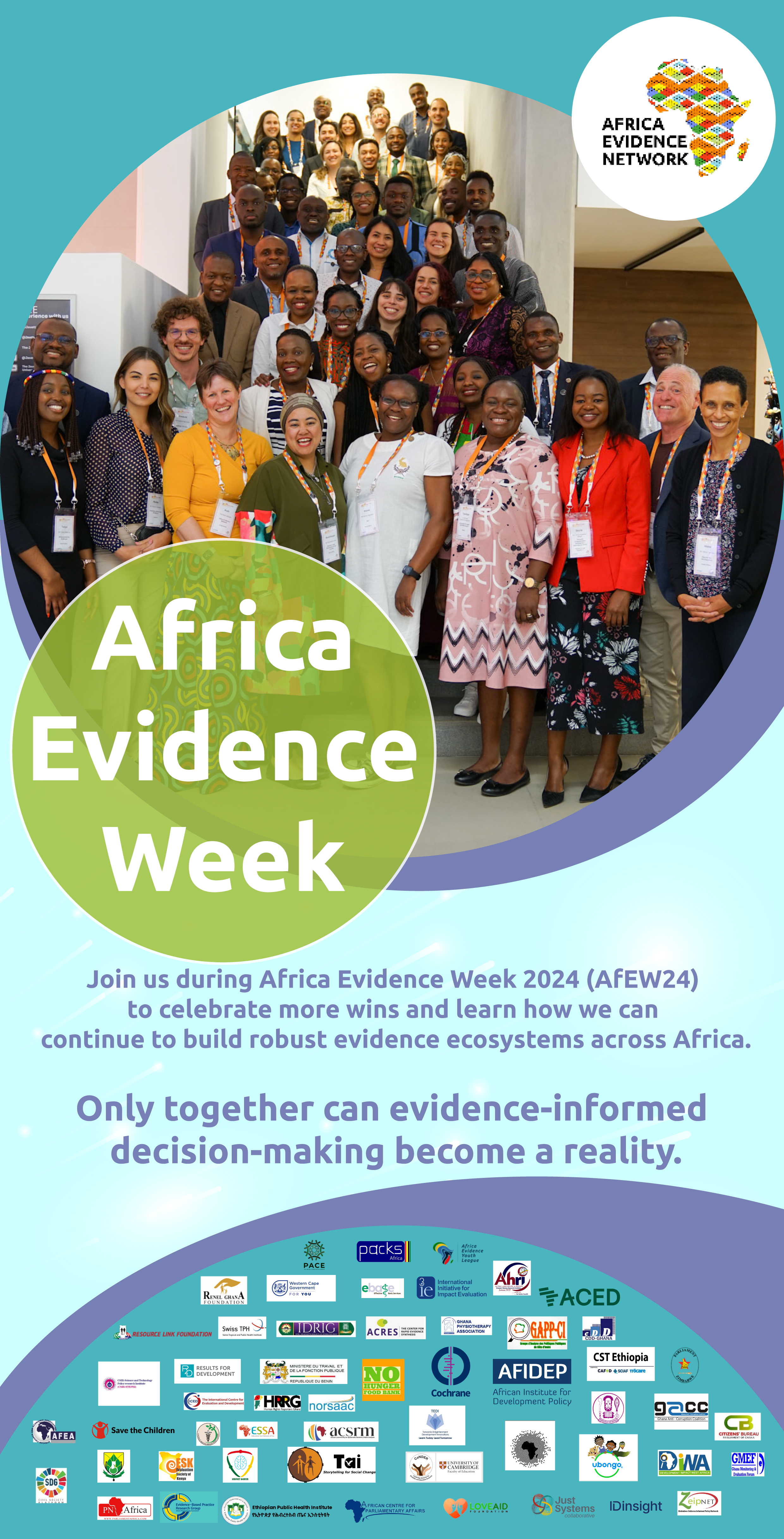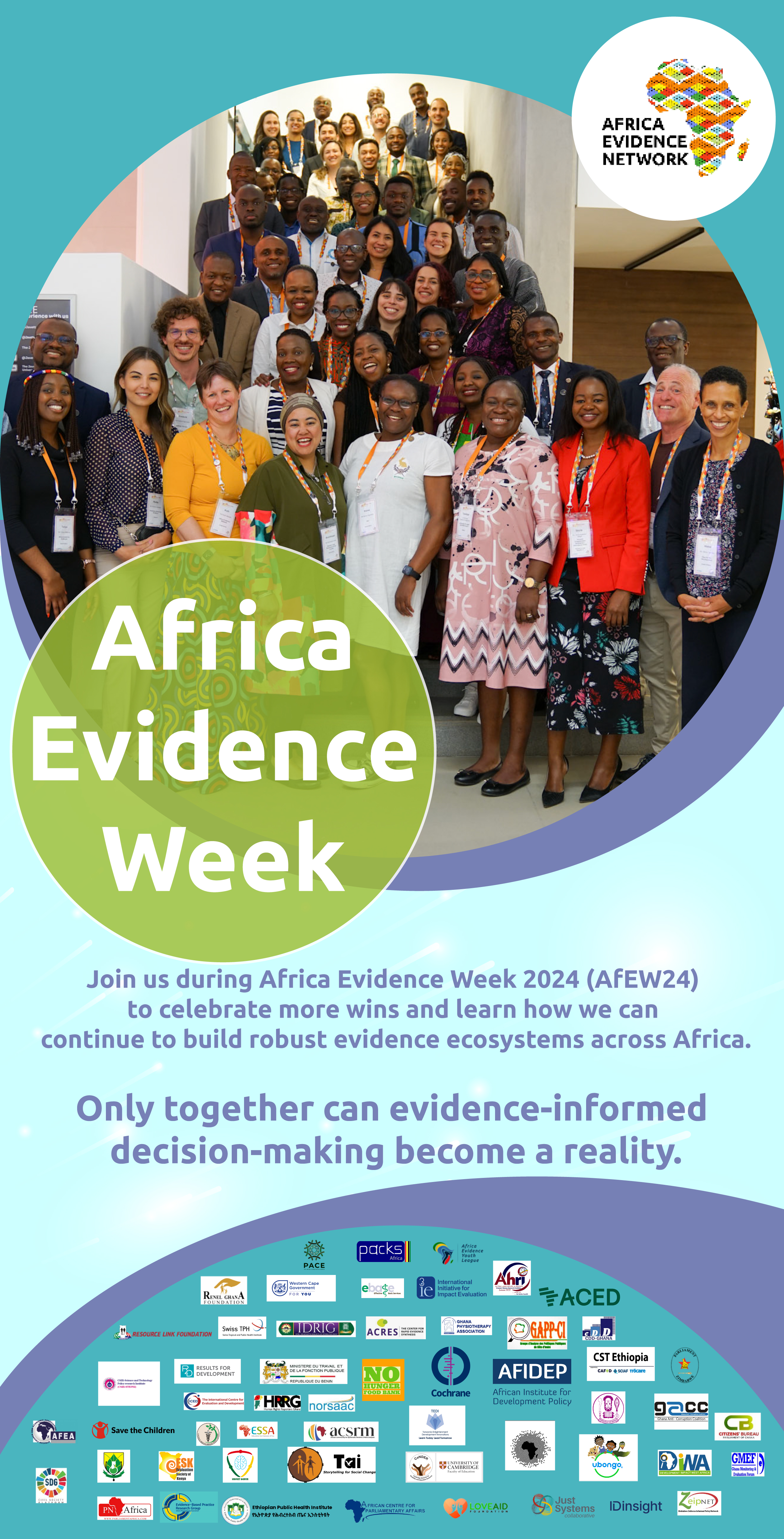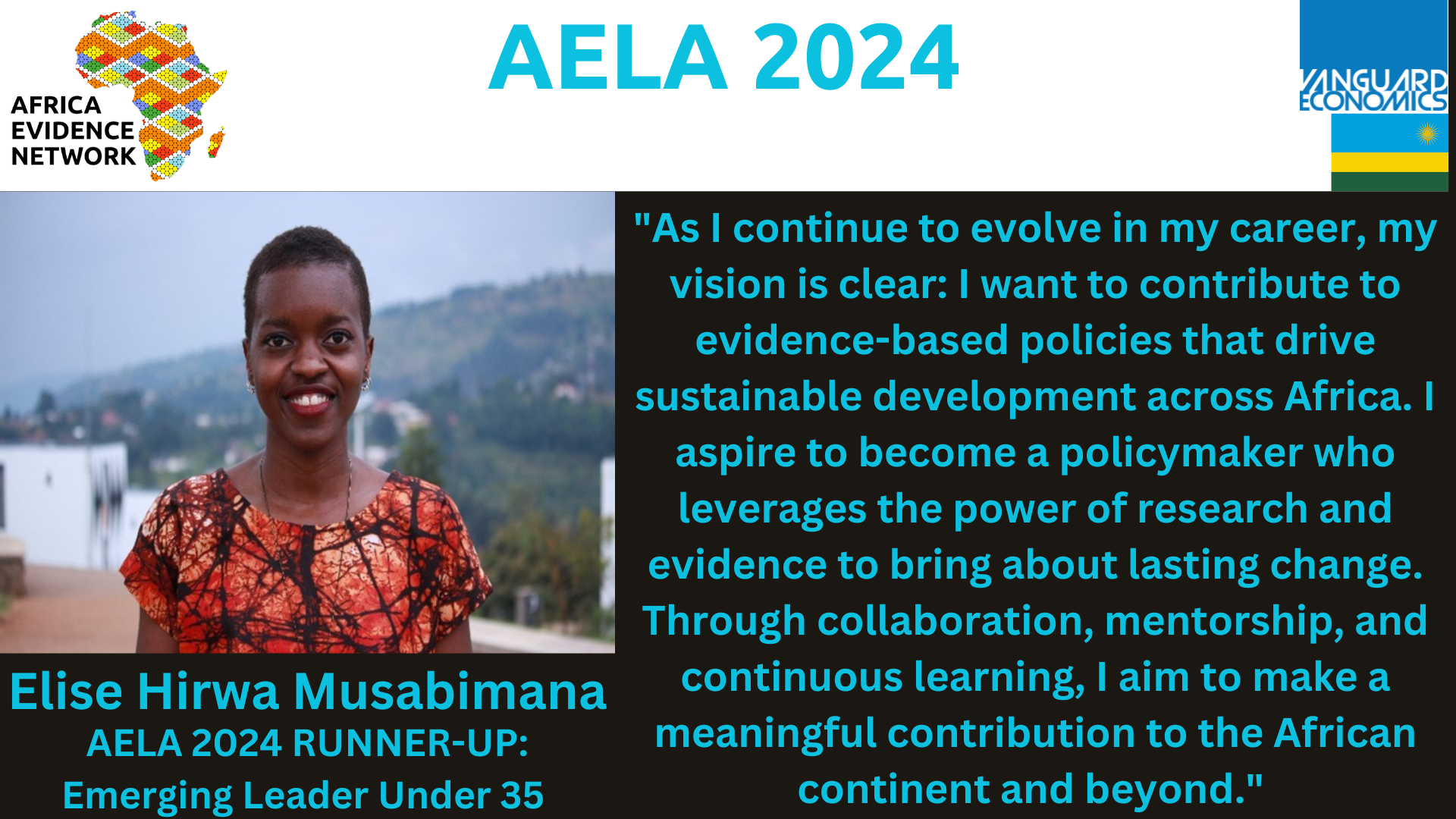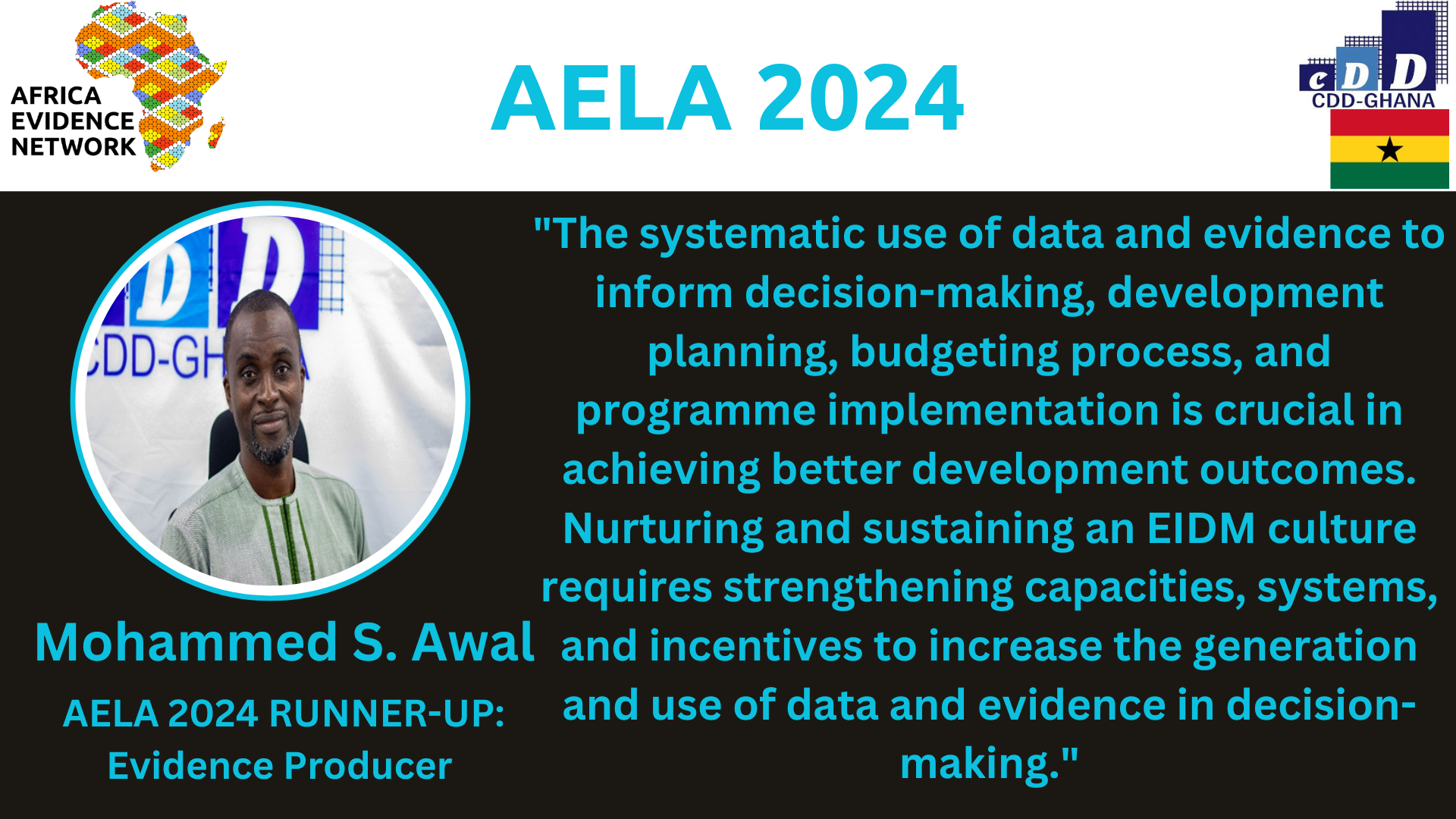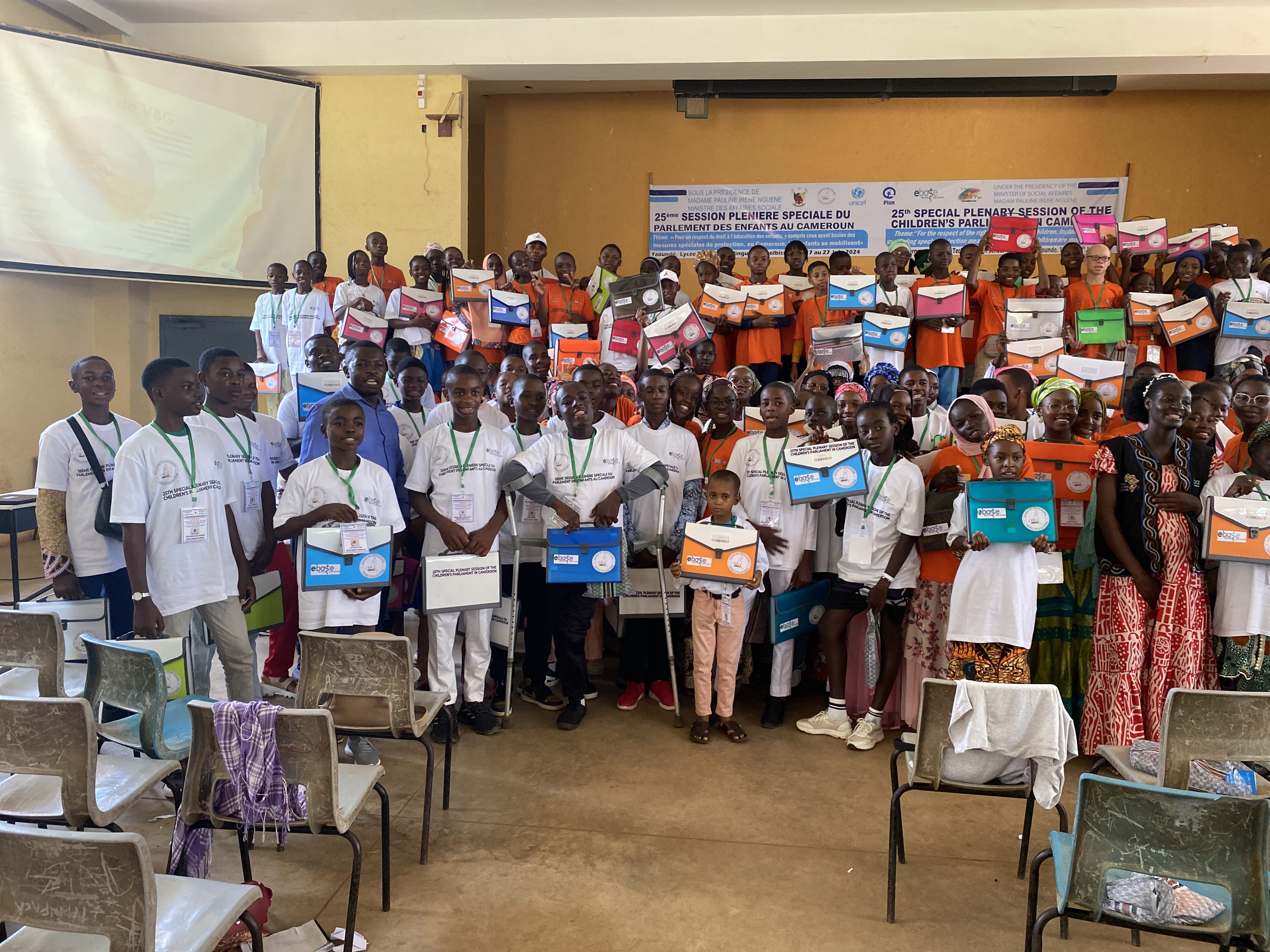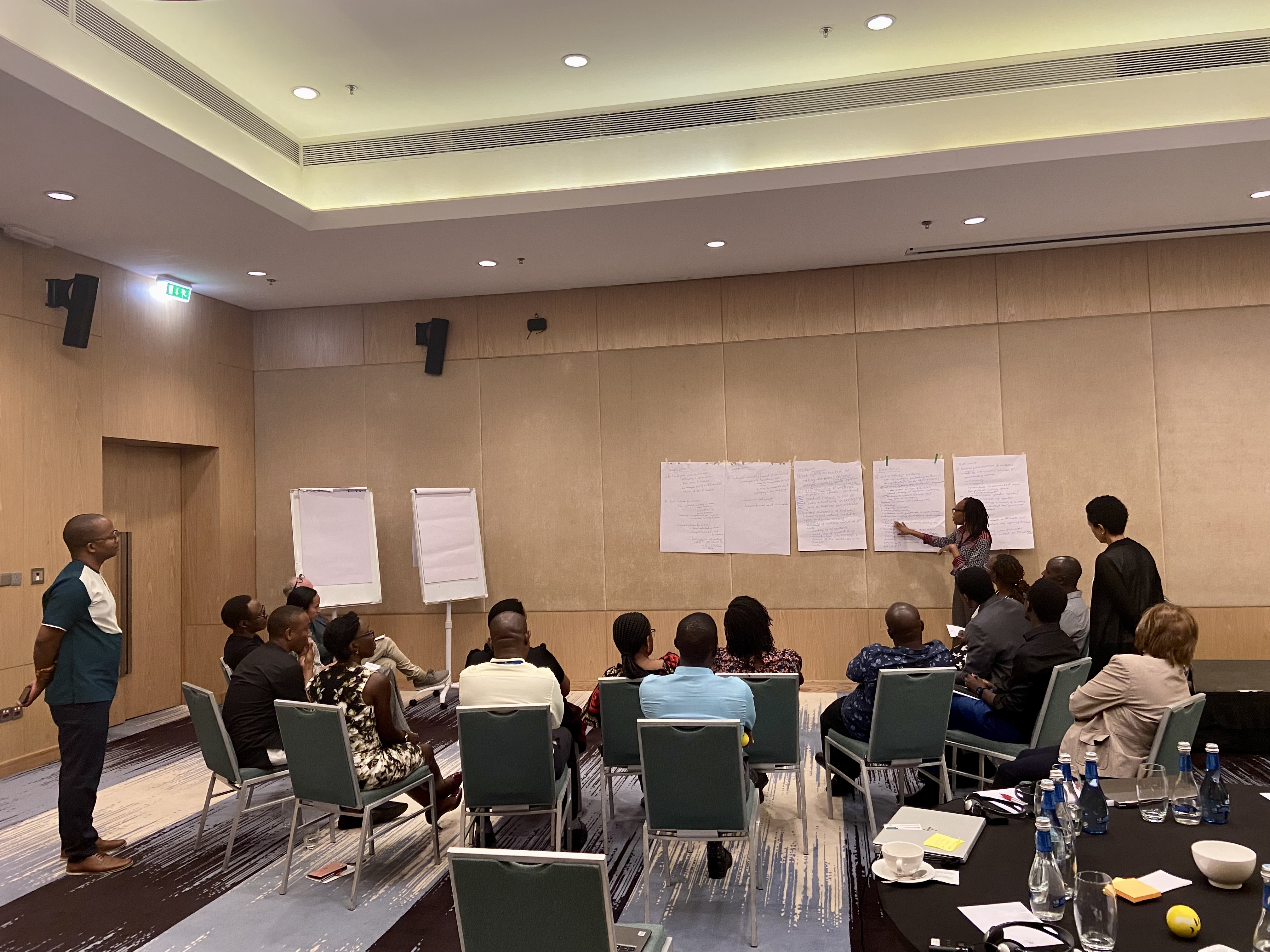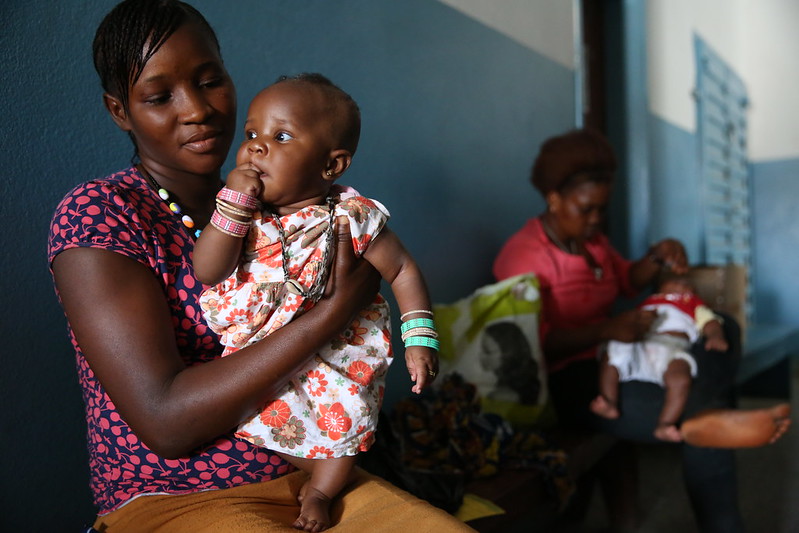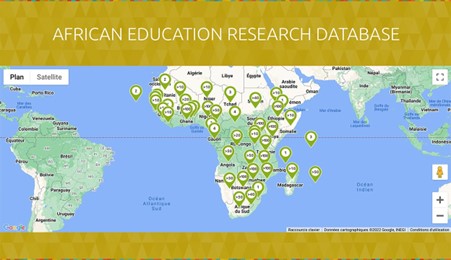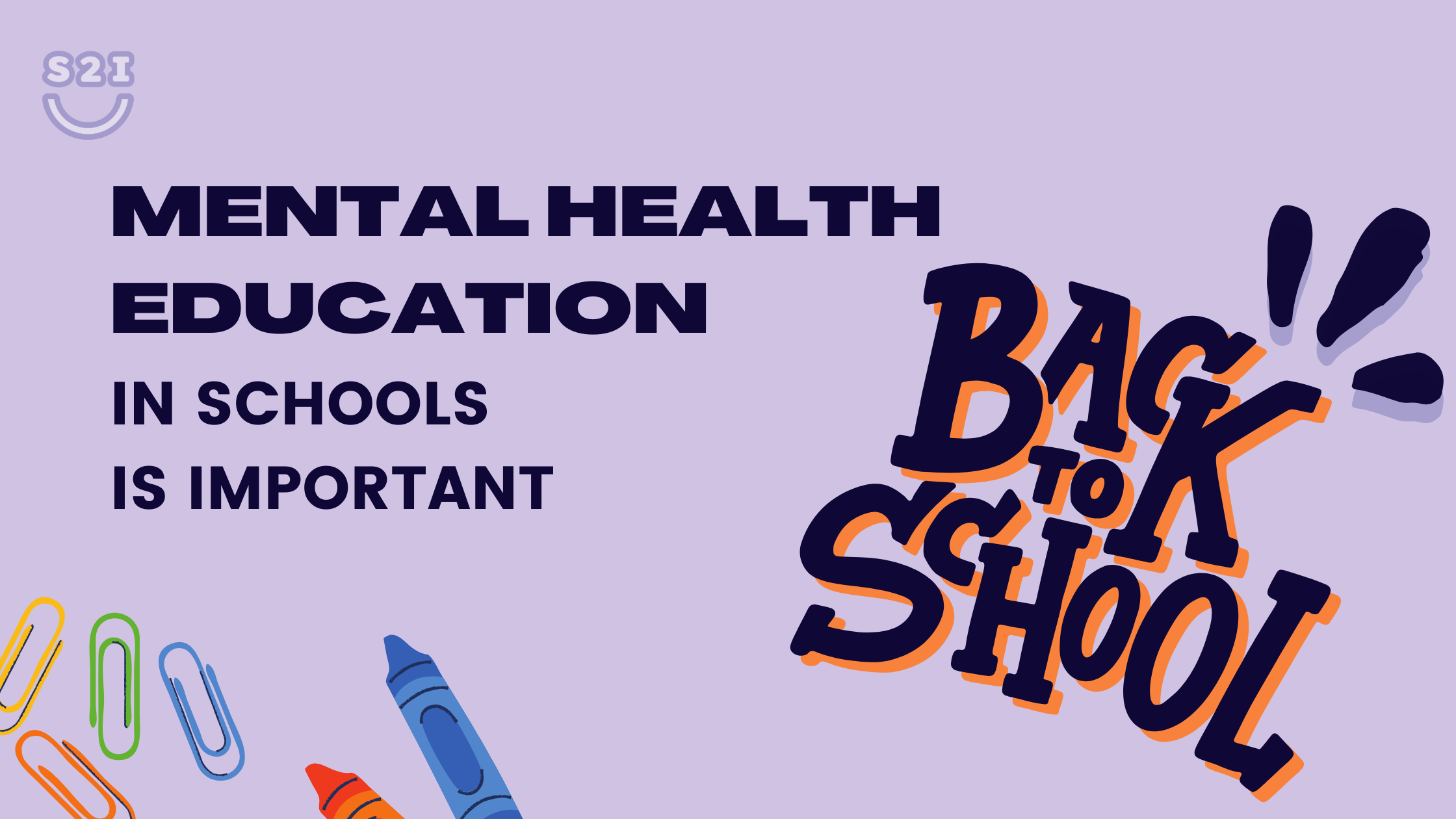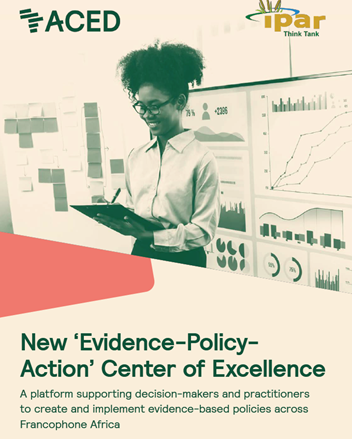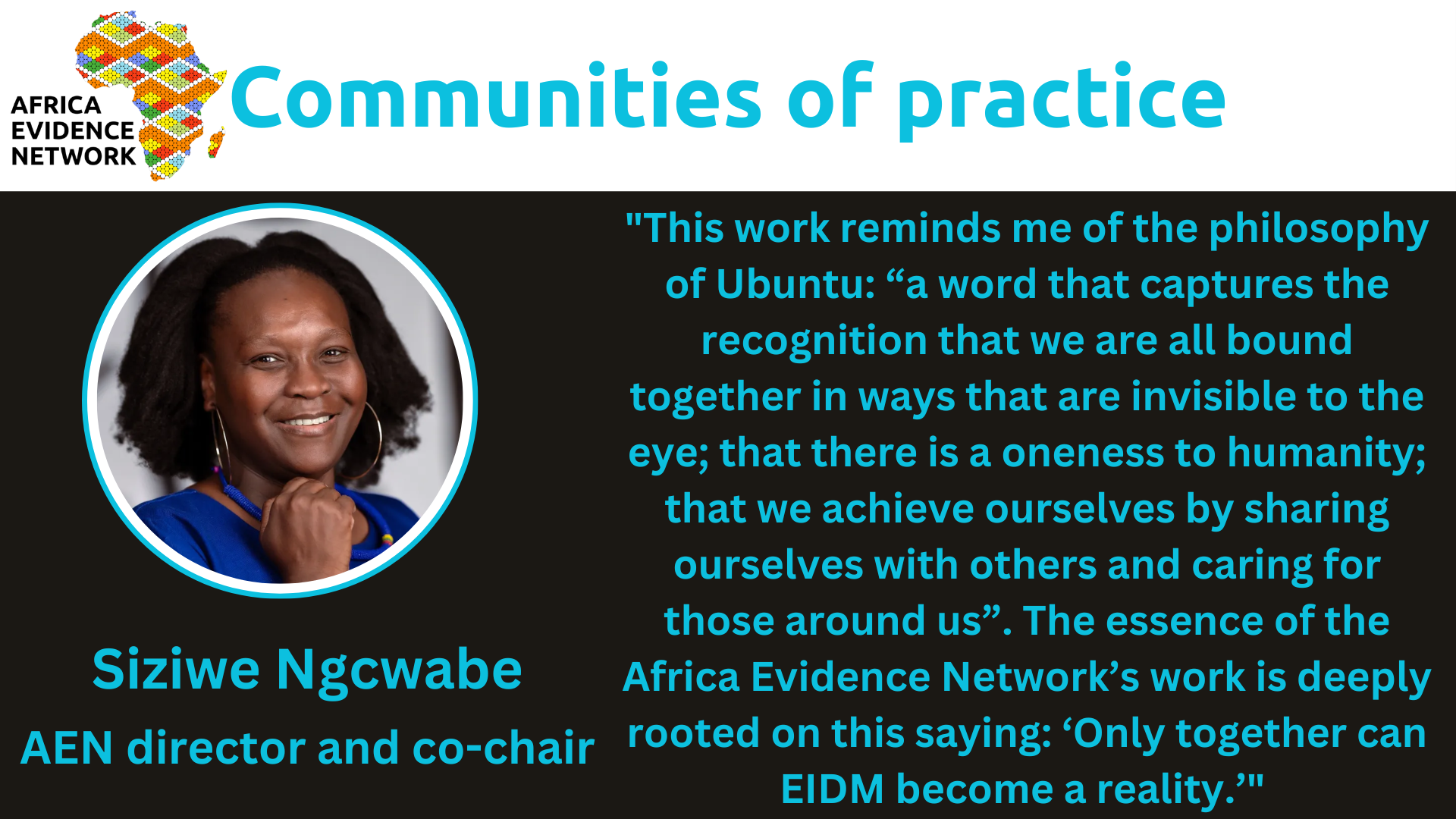
The Africa Evidence Network (AEN) established communities of practice (CoPs) to advance its work in 2023. We aim to develop several CoPs that can serve as tools to enhance evidence capacities and collaboration in Africa. There is a wonderful opportunity for mentorships within the CoPs, where individuals can learn from each other. The purpose of the CoPs is to enhance capacities and foster collaborations in the EIDM sector in Africa. This is to be done by providing EIDM practitioners with a platform (virtual or in-person) to meet other practitioners, extend networks, learn from each other, and share ideas on emerging practice-related issues.
How it all started: Evidence 2023 took place for three days from 13 until 15 September 2023 in Entebbe, Uganda and online. The event was delivered as a combination of in-person and virtual experiences, facilitating real-time and offline collaboration with participants worldwide. Evidence 2023 continued connecting conversations rooted in three work streams below: These work streams were launched during EVIDENCE 2020 ONLINE, where participants actively contributed to developing concepts, manifestos, or visualisations – among other things – within these different work streams. The workstreams were deliberately designed so that work taking place at EVIDENCE 2020 ONLINE advanced the Network toward its larger objectives. The workstreams that Evidence 2023 advanced are as follows:
- Enhancing evidence capacities
- Making connections and building collaborations
- Innovations in evidence-informed decision-making in Africa.
The work on enhancing evidence capacities was anchored around the AEN’s Manifesto on capacity development for EIDM in Africa. They hosted four with 194 participants, and 14 speakers from 16 organisations across the continent and beyond participated. The working group also collected 3 case studies of alternative (innovative) approaches to capacity development. The working group launched a community of practice to share capacities and build collaboration in November 2023. CoP members co-developed the guidelines that govern their CoP. The launch was also published in the broader. The CoP is currently driven by the working group members and partners who participated in the Evidence 2023 capacities webinar series. Still, we hope to make it open to the broader public.
On 29 November 2023, we hosted a webinar on ‘Exploring our collective knowledge on citizen evidence’, which was an opportunity to connect members currently working to engage with communities and citizens, their generation and use of evidence, their experiences of public service provision, and their priorities for change. In doing so, we better understand what is happening and what might be developed to fill the community (citizen) evidence gap.
After this webinar, a community of practice on Citizen Engagement in EIDM in the health sector was facilitated by the Africa Evidence Network (AEN) in partnership with the World Health Organisation (WHO). In this CoP, participants are expected to strengthen their capacity to promote citizen engagement in their contexts, allowing for more robust social participation in policy processes. This CoP was initiated in December. 2023 and has seen a kick-off webinar in March, and it is planned to kick start activities fully for the next 12 months.
The ‘Making Connections and Building Collaborations’ working group developed four case studies that explored African approaches to fostering connections and collaborations in Botswana, Cameroon, Kenya, and Niger and a blog summarising the session discussions at Evidence 2023. All the case studies can be found below:
The Making Connections and Building Collaborations working group launched a community of practice on Approaches to Connections and Collaborations in EIDM in 2024. This CoP was formed from the working group members as an after-Evidence 2023 activity. This CoP aims to share current insights into the innovative approaches to fostering connections and collaborations in the EIDM field across the continent and identify and showcase innovative, collaborative solutions. It has a long-standing membership that has focussed on mapping different organisational stakeholders in the EIDM ecosystem in Africa.
The Africa Evidence Youth League was officially launched at Evidence 2023 to nurture, empower, and amplify the voices of emerging education evidence leaders across Africa. In December 2023, the Manifesto in English/French was launched, and the session recording can be found here. This is a community of 45 emerging education leaders drawn from 15 countries on the continent. This league is structured as a facilitated community of practice for 12 months with an integral EIDM mentoring component. A comprehensive report was published that provides a detailed overview of the AEYL, highlighting the progress, achievements, and key learnings thus far.
In addition to the communities of practice described above, four additional COPs below are facilitated by the AEN IN 2024:
- Community of practice on governance in evidence-informed decision-making: This CoP comprises members of the current AEN governance structures. It aims to tap into their experiences to adapt the governance structures of EIDM organisations on the continent for the future.
- Digital technologies and AI in EIDM: This CoP comprises people interested in adapting and using digital technologies (particularly AI) to support evidence brokerage and evidence-use. It is currently driven by the partners of existing AEN and PACE projects, but we hope to make it open to the wider public towards the end of the year.
- Community of practice on mentorship as a capacity development tool in EIDM: This CoP will comprise the mentors in the AEN/AEYL mentorship programme. The CoP aims to reflect, learn, and improve the support offered to young and emerging leaders in the mentoring programme. This CoP is currently in the set-up phase, with mentors being finalised and mentoring activities taking place from May 2024 onwards.
- Community of practice on leadership in evidence-informed decision-making: This CoP will comprise Africa Evidence Leadership Award (AELA) winners and runners-up and serve as an alum group of all AELA award winners. These individuals have demonstrated clear and enduring leadership in the field of EIDM on the African continent. This COP is in the set-up phase and will be launched with the next round of AELA winners. This CoP also aims to support members of AEYL by contributing leadership expertise to the young and emerging leaders expected in 2024.
How is it going? We are excited to be facilitating eight communities of practice. This approach of moving beyond making connections amongst individuals facilitates greater collaboration through working groups, communities of practice, and both team and organisational partnerships. As we continue, we will adapt our activities to reflect our learning. The CoPs will continue and be expanded to other topics as we gain a deeper understanding of our members at the individual and organisational levels. We must capture and share lessons learned as part of continuous improvement and process optimisation. This will ensure that we improve the quality of conversations in these communities of practice. This work reminds me of the philosophy of Ubuntu: “a word that captures the recognition that we are all bound together in ways that are invisible to the eye; that there is a oneness to humanity; that we achieve ourselves by sharing ourselves with others and caring for those around us”. The essence of the Africa Evidence Network (AEN)’s work is deeply rooted on this saying: “Only together can EIDM become a reality.”
About the author: Siziwe Ngcwabe is the Director and Co-chair of the Africa Evidence Network. She is a South African inspirational trailblazing social entrepreneur, motivational speaker, personal change catalyst, and academic. She was born in Qitsi village, Cofimvaba, Eastern Cape, and raised in East Driefontein mine in Carletonville. She holds a Bachelor’s degree in social work with honours from the Walter Sisulu University (UNITRA), a Postgraduate Diploma in Business Management (PGDBM) from MANCOSA, a Master’s degree in Public Management and a Master of Business Administration-MBA from Regenesys Business School. She worked at several organisations across different sectors in South Africa. Siziwe Ngcwabe is currently the Director and Co-chair of the Africa Evidence Network. She approaches the challenge of working in various environments with dedication and diligence. She believes with her willingness to continuously face new challenges, her intellectual curiosity, and her academic and 27 years of experience; she aims to continuously support connections and collaborations for meaningful African and global impact through evidence networks by promoting evidence production, use, and mediation for useful change. She is also committed to building innovative, collaborative solutions.
Acknowledgements: The author(s) is solely responsible for the content of this article, including all errors or omissions; acknowledgements do not imply endorsement of the content. The author is grateful to Charity Chisoro for her guidance in preparing and finalising this article, as well as her editorial support.
Disclaimer: The views expressed in published blog posts, as well as any errors or omissions, are the sole responsibility of the author/s and do not represent the views of the Africa Evidence Network, its secretariat, advisory or reference groups, or its funders; nor does it imply endorsement by the afore-mentioned parties
